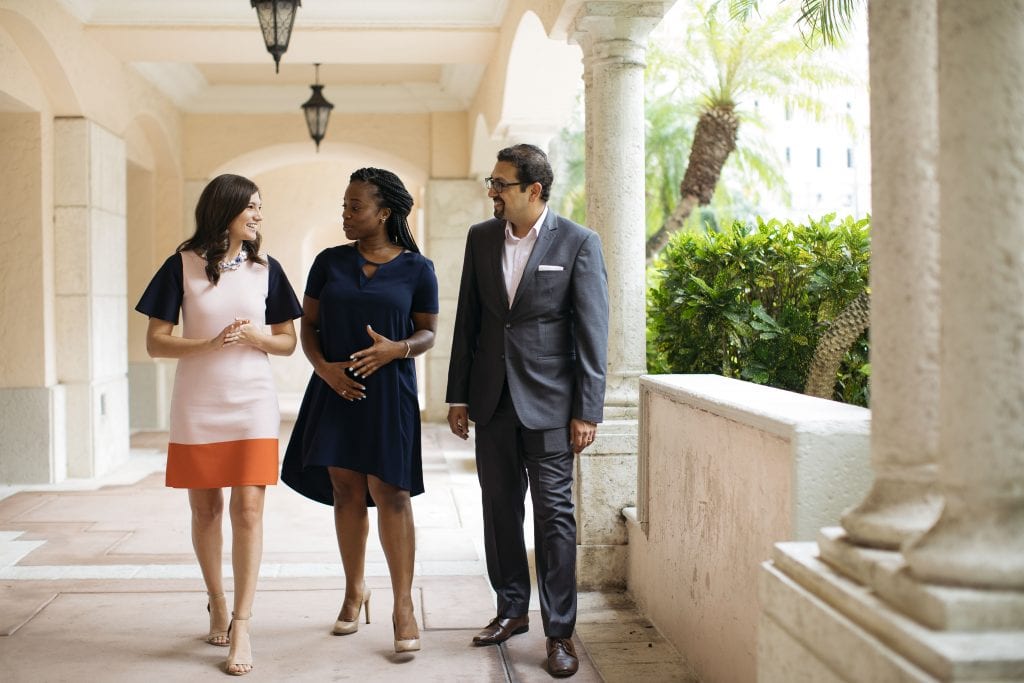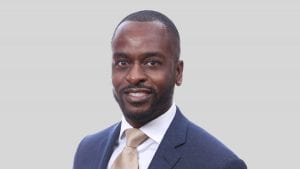5 Questions with the Kellogg Executive MBA

In our latest installment of the MetroMBA “5 Questions” series, we speak with Dustin Sanders, the Director of Admissions, Executive MBA at Northwestern University-Kellogg School of Management.
1) How does the Kellogg Executive MBA program differentiate from other offerings at Kellogg and other programs in the Graduate Management Education space?
| At Kellogg, our programs are defined by where the student is on his or her leadership journey. Executive MBA students have the benefit of bringing rich experience into the classroom: The average level of work experience for a student in Kellogg’s Executive MBA program is nearly three times that of the average full-time program. This allows for classroom discussion to center on current management challenges, with participants drawing on a deeper understanding of success and failure over a longer span of leadership. The Kellogg Executive MBA program is a top-ranked program with a clear return on investment. A recent survey of Kellogg EMBA alumni from 2009-18 showed that alumni were able to double their pre-MBA compensation within 3-5 years of graduation, and 88% of EMBA alumni say Kellogg has had a high or very high impact on their professional growth. This growth happens in real-time for our students the moment they begin their program. We believe that for the level of experienced student we attract, the course choice, length, location, context and intensity should match today’s ever-changing world. We offer an array of electives available exclusively to Executive MBA students: 52 electives in 14 countries and across 5 continents. We promote and encourage international, multi-cultural perspectives. We believe deeply in collaboration and diverse teams as a means to drive higher success in innovation. Kellogg’s EMBA allows students to earn an MBA in a format that aligns with their work schedule and offers geographic diversity. Whether they choose the Evanston or Miami campus, students benefit from the same stellar faculty, curriculum and network that define the Kellogg experience. |
2) What is the typical profile of a student who would benefit most from the Kellogg Executive MBA and what characteristics are your admissions team looking for?

| Executive MBA students at Kellogg come from all industries (tech, healthcare, finance, consumer products, etc.), all organizational structures (family business, non-profit, public companies, etc.) and varied roles and levels (family business director, SVP of Cybersecurity, COO, etc.). For more than 40 years, we’ve believed that success for students at this stage of their careers comes from our ability to teach relevant, immediately transferable skills, and to facilitate learning from faculty and from their peers in the room. Our students are a high-impact, low-ego community who want an MBA experience where they can collaborate, get involved and learn from each other. We describe our students as working professionals who want to apply what they learn in the classroom in their work the very next day. We work with students to customize and tailor their experience to meet their goals and pre-existing commitment |
3) What types of financial aid are available to students?
| Kellogg recognizes that earning your MBA requires a significant financial commitment. We strongly encourage EMBA students to apply for financial aid. Additionally, the EMBA program offers several options for scholarships every year. Our financial aid expert recently wrote this blog post to provide insights into financing a Kellogg EMBA degree. |
